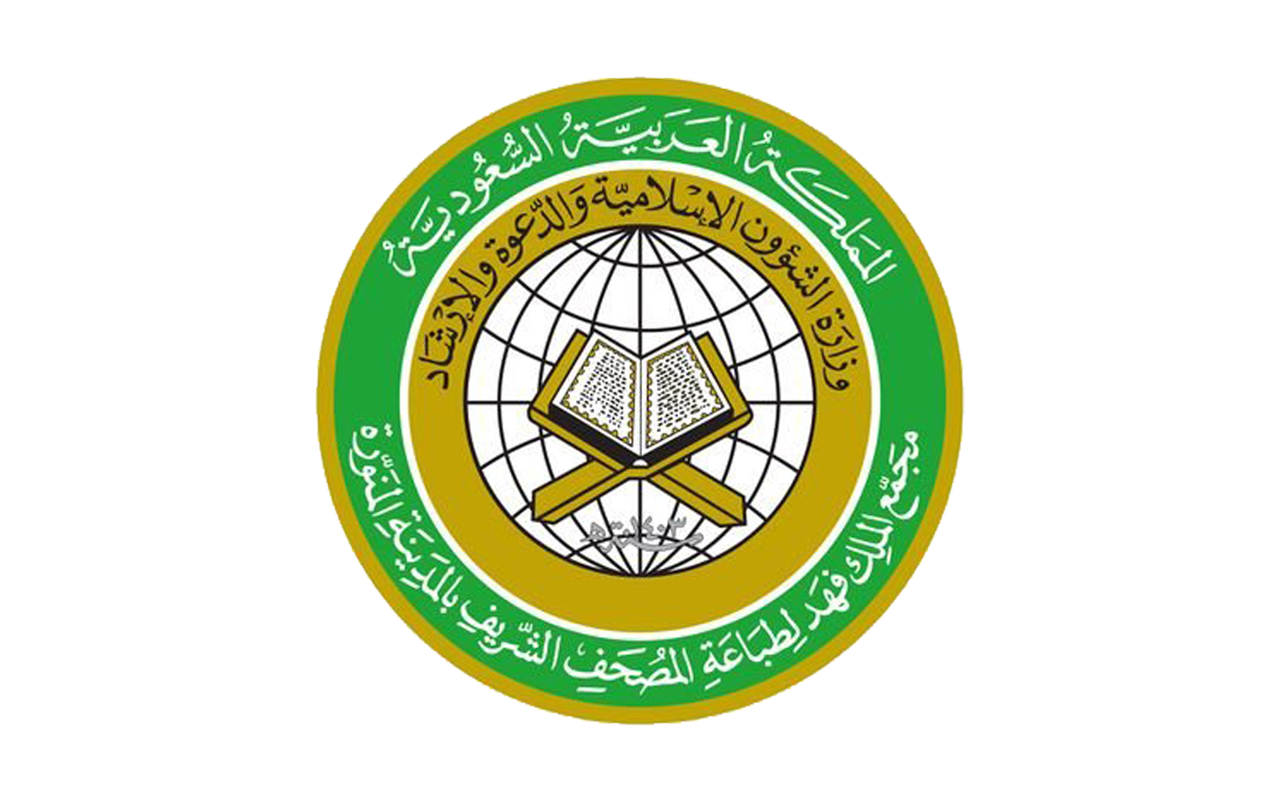King Fahd Glorious Quran Printing Complex
King Fahd Glorious Quran Printing Complex is a Quranic printing facility dedicated to printing and recording the recitations of the Noble Quran, featuring riwaya (two reading versions) that hold significance in the Islamic world. It is located in al-Madinah al-Munawwarah in the Kingdom of Saudi Arabia and was founded in 1982. It was opened in 1984, during the reign of King Fahd Bin Abdulaziz Al Saud. It offers special gifts from its annual production to Hajj and Umrah pilgrims from outside the Kingdom. It prints Maani al-Quran (Meanings of the Quran) in seventy-eight spoken local and international languages, safeguards Quranic manuscripts, and offers Braille versions of the Quran for the visually impaired.
Publications of the King Fahd Glorious Quran Printing Complex
The King Fahd Glorious Quran Printing Complex began distributing its issues of the Noble Quran, including readings, audio, recordings, excerpts, translations, and books, since its establishment. These publications are distributed both domestically and internationally around the world. The complex serves the Grand Mosque, the Prophet's Mosque, and various mosques within the Kingdom, as well as fulfilling the needs of Muslims outside the Kingdom through diverse publications. Moreover, it exhibits a commitment to studying the Holy Quran and its related sciences, publishing these studies on the Internet.
Production capacity of the King Fahd Glorious Quran Printing Complex
The average production capacity of the King Fahd Glorious Quran Printing Complex in 2018 was more than eighteen million copies of various issues annually, which reached about 361 issues. The complex employs about 1,100 individuals, divided between scholars, university professors, technicians, and administrators. The quantities produced by the complex since its founding have exceeded 361 million copies, including complete copies of the Quran, excerpts, translations, and scientific works related to the sciences of the Holy Quran.
Translating the meanings of al-Quran into sign language
In 2012, the complex began translating the Maani al-Quran into sign language. It completed filming, recording, and editing Surah al-Fatihah and Juz Amma (part 30) into sign language, to be the first in the world to do so. It also completed the necessary preparations for issuing the Mus-haf al-Madinah al-Nabawiya for the Blind, issuing the first of six volumes.
The complex established a technical center for electronically tracking the audio and text versions of the Holy Quran, correcting errors, and approving correct copies of the Quran.
Overseeing the King Fahd Glorious Quran Printing Complex
The Ministry of Islamic Affairs, Dawah, and Guidance oversees the complex. The Minister of Islamic Affairs, Dawah, and Guidance is the general supervisor of the complex and the head of its higher commission. A general secretariat chaired by the secretary general of the complex oversees the complex's implementation of its policies and ensures it meets its objectives.
The King Fahd Glorious Quran Printing Complex is estimated to be about 250 thousand m. Its facilities constitute an integrated urban plan, including a mosque, administration and maintenance buildings, a printing press, warehouses, transportation, marketing, a medical clinic, a library, support services, an office for managing scientific affairs, and more.
The scholarly committee in King Fahd Glorious Quran Printing Complex
Prior to starting the printing process at the complex, the Holy Quran is transcribed by hand. Calligrapher Uthman Taha has dedicated over thirty years of his work in the complex to writing the Quran by hand twelve times. Subsequently, the scholarly committee responsible for reviewing Quran al-Madinah al-Nabawiya receives the manuscripts from the complex's calligrapher to ensure they adhere to established standards of reading, calligraphy, formatting, punctuation, pauses, starting points, and interpretations. The review process is maintained by the scholarly committee at every stage of preparation until they grant approval for the commencement of Quran printing. The Committee also offers its evaluations on both manuscripts and printed copies of the Quran submitted by official entities to the complex.
Departments and facilities of King Fahd Glorious Quran Printing Complex
The complex includes a center for Quranic studies, dedicated to monitoring Orientalist research in the field of the Holy Quran and its sciences, studying classification trends, producing specialized publications in its domain, creating reference materials, including encyclopedias, dictionaries, bibliographic lists of Quranic studies, and compiling indexes of both manuscripts and printed works.
The digital research center for the service of the Quran and its sciences serves as the tool of the complex for reviewing digital versions of the Holy Quran, including its diverse riwaya distributed across electronic platforms, including computer programs, electronic devices, smartphones, tablets, websites, CDs, video files, and all digital formats.
King Fahd Glorious Quran Printing Complex also contains a number of departments that specialize in the Quran and its studies, including the Journal of Quranic Research and Studies, websites in seven international languages, and a center dedicated to translations, helping non-Arabic speakers gain a better understanding of the Quran.
